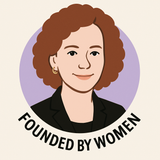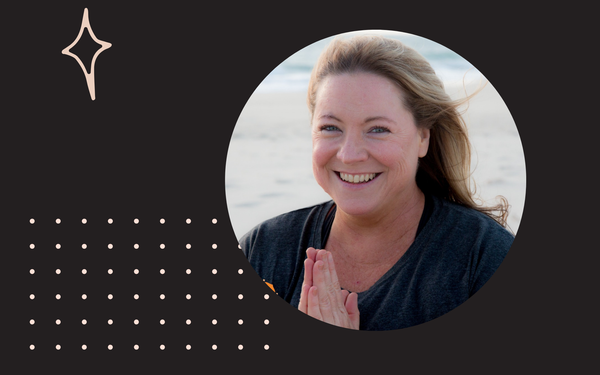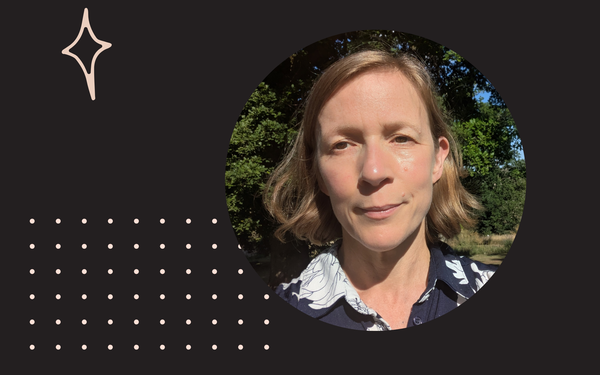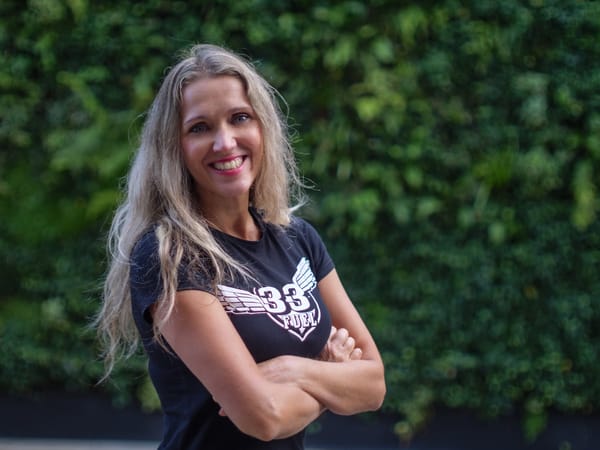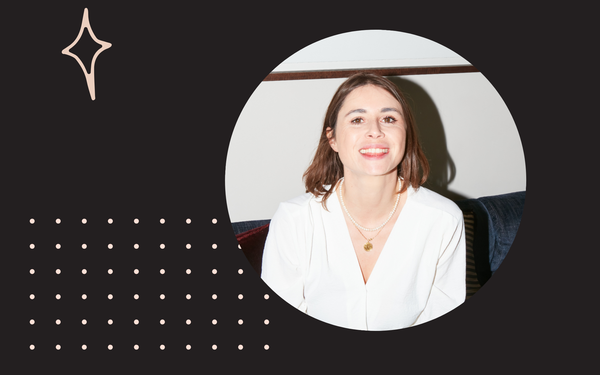From Corporate Law to Compassionate Care: How MyFolks is Revolutionizing Elder Support Through Technology
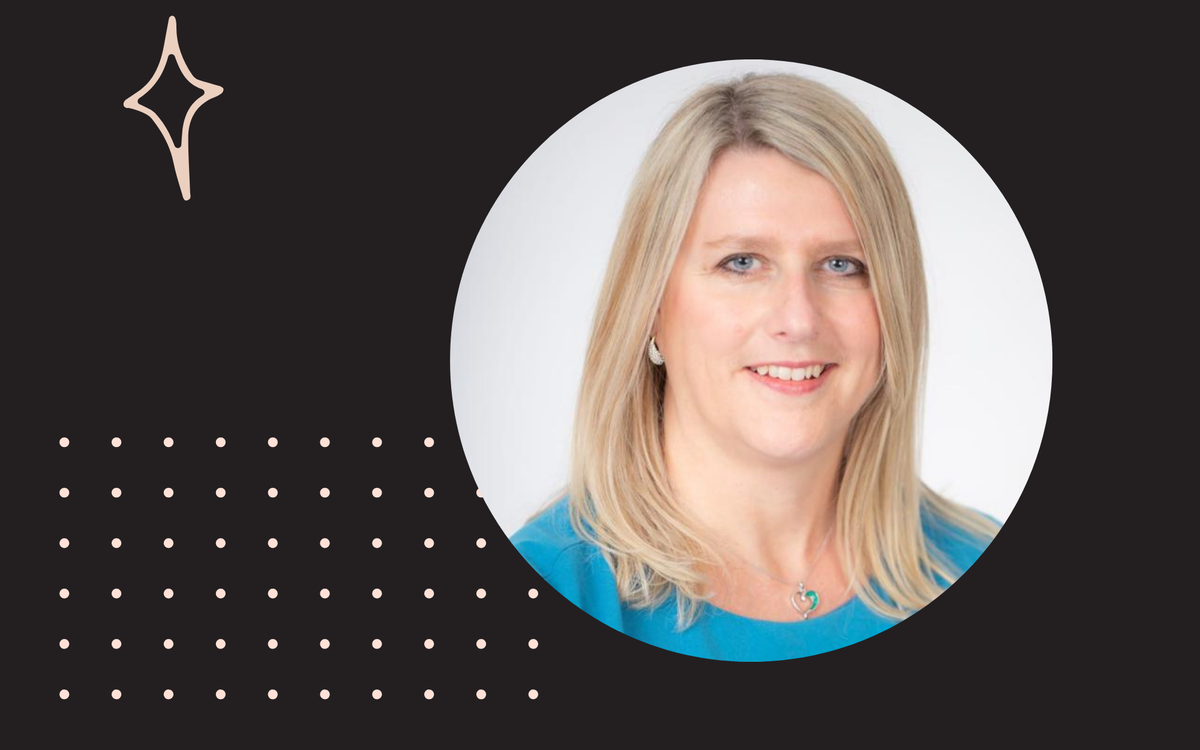
When personal experience meets professional expertise, transformative solutions can emerge. This is precisely what happened when a corporate lawyer faced the challenge of caring for elderly parents from 325 miles away, leading to the creation of MyFolks—an innovative service that's reshaping how families support their aging loved ones.
MyFolks represents a paradigm shift in elder care, combining the convenience of on-demand technology with the warmth of human connection. Through their mobile app, families can instantly arrange visits from compassionate, DBS-checked "Myfolksers" who provide both practical assistance and emotional support to older adults. But this isn't just about convenience—it's about addressing one of the most pressing health crises of our time: social isolation among the elderly, which research shows is as dangerous as smoking 15 cigarettes per day.
What sets MyFolks apart is their focus on prevention rather than reaction, connection rather than mere care provision, and their innovative use of AI to transform observations into actionable insights that help elderly clients maintain their independence longer. As the UK faces a demographic shift where one in four people will be over 65 by 2050, MyFolks is pioneering solutions that align with the NHS's strategic move toward digital, community-based, and preventive healthcare.
In this exclusive interview, we explore the personal journey behind MyFolks, the technology that powers their approach, and their ambitious plans for transforming elder care across the UK and beyond.
Your journey from a corporate legal career to founding MyFolks is inspiring. What personal experiences led you to create a service that offers compassionate, on-demand support for older adults?
I grew up in the north east and worked at Freeman Hospital there in my teens but, like so many, I headed to London for my career after I finished my degree in law from Northumbria University in the latter part of the 90s. I worked providing the legal and commercial wrap to tech solutions for blue chip and international tech companies, such as EDS, SAP, Accenture, BT and Sopra Steria. I often worked in the teams supporting public sector organisations and I developed my interest in social value. All was well, I progressed up the ladder. Around 2017, my parents became frail and were each diagnosed with dementia. They were still in the north east, 325 miles north of me. It was a real struggle to be able to provide all the support they needed, whilst maintaining my corporate leadership role and a home life of my own. Where-ever I was, I was needed elsewhere. I needed help and googled to find it. It was clear that the support I wanted for my family didn't exist in the way I wanted to consume it. So I created it. I named it Myfolks (obviously after and in tribute to my parents). We have an app that you can use to send practical and emotional support to your elderly loved ones at the press of a button. Those we send, we call Myfolksers. They are all enhanced DBS-checked and even more importantly, they are compassionate. We visit and we make a real connection because we understand that social isolation is a killer. It is as dangerous as smoking 15 cigarettes per day. However, whilst we are there, we are also making observations and we use AI to turn those observations into insights and recommendations designed to help our elderly clients to live well at home for longer
MyFolks combines technology with community support to provide real-time assistance to older individuals. How does this model address the limitations of traditional elder care services, and what challenges have you faced in implementing it?
The ways that Myfolks is different are that firstly, using the app, you can book visits remotely, at any time to suit you. You don't have to wait until an office opens on a Monday morning. Next, you can book to suit your elderly person. You can book a visit within 4 hours or you can block book a visit every week. We aim to keep the same Myfolkser allocated to your loved one. Then, the service we offer is based on making connection and preventing deteriorating health whereas most care providers are focused on providing personal care (doing to clients) whereas our approach is much more focused on the individual needs and interests of the particular client (doing with clients). The biggest challenge a few years ago when I was building this was the cost of developing an app. It is just slightly heart-breaking that advances in technology make that easier and cheaper today. The next challenge is that we have to try to match communities of users and communities of Myfolksers, but we also have individual requests popping up. At first, when we were less well known, it was really hard to turn down individual requests but we had to balance that with registering Myfolksers on the app and being fair to them about the work that they'd get. It is getting easier now that we have been at it a while. Of course, we are happy that we are providing paid, purposeful, flexible work for our Myfolksers, in their local community.
With MyFolks expanding across the UK, what are your plans for future growth, and how do you envision the role of MyFolks in transforming elder care in the coming years?
We have focused on the edges of the England, north, south, east and west but that is expanding and we are aiming to have full UK coverage shortly. Then, of course, the challenges I faced are not unique to families in the UK and therefore there are a number of other countries we have our eye on - Canada, US, Sweden, New Zealand and then into Asia. We intend to deepen our use of AI to help us understand and help our individual clients well. We have a number of partnerships too - such as with Easology who have Myfolks preloaded on their accessible smartphones and Circadacare, for whom we are the sole business-to-consumer reseller of their circadian lighting and A&I monitoring solutions - of course, we don't just resell - we respond when the data tells us that an elderly person may be developing an infection etc. We intended to deepen these relationships and to develop others. By 2050, one in 4 of us will be over 65; the over 80s will have doubled - so there is so much work to be done. We are also keen to strengthen our geospatial monitoring to get us safely to the right place at the right time for our clients and to protect them and our Myfolksers. The NHS has recently announced its 10 year plan for the future of the NHS and its shifts - from analogue to digital; from hospital to community and from treatment to prevention, are very much in line with the work Myfolks is already doing. We are on the NHS Clinical Entrepreneur Programme, by virtue of lived my lived experience and we very much hope to strengthen our links with the NHS to have Myfolks socially prescribed and also to have a Myfolks hospital digital solution, integrated with NHS digital discharge tools.
How is MyFolks using technology to improve access, efficiency, and trust in elder support services?
We are using tech and ai as described above and it is the insights and recommendations that enable us to build trust - our insights are tailored and specific and we are helping families to keep their loved ones well and in their own homes. I can't really think of anything more important to be doing. It is a privilege, but with the pressure on public services and the huge growth in demand, it is also an imperative.
Are you a woman leader with an inspiring journey to tell? Founded by Women is on a mission to elevate and amplify the voices of women making an impact.
If you're breaking barriers, driving change, or paving the way for others, we’d love to feature your story. Get in touch with us today!
👉 hi@foundedbywomen.org
